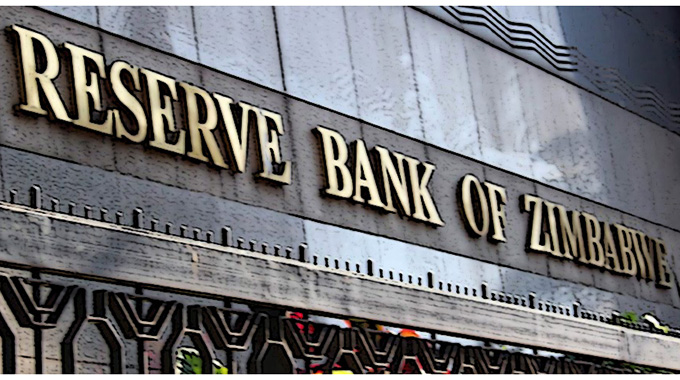
Tapiwanashe Mangwiro-Senior Business Reporter
BANKS managed to buy only a third of the foreign currency available on the Reserve Bank of Zimbabwe (RBZ)’s wholesale foreign currency auction yesterday as the market buckled under a Zimbabwe dollar liquidity crunch.
Analysts expect the exchange rate (official and parallel market), which recently took a battering from the negative impact of excess liquidity in the market, to strengthen going forward.
The bank wrote on its Twitter account after the wholesale auction saying “At today’s wholesale foreign exchange auction for banks, out of US$30 million on offer, only US$10 million was purchased by banks for onward sale to banks’ clients.”
The central bank introduced the wholesale auction for banks to purchase forex on behalf of their clients and reportedly guaranteed at least US$15 million every week to liquefy the foreign exchange market.
This formed part of a cocktail of measures to stabilise the exchange, after a period of rapid Zimbabwe dollar depreciation that led to massive price increase in local currency.
Authorities have over the last two months rolled out interventions that included transferring external payments obligations from RBZ to Treasury, payment of all duties (except luxury for goods) in local currency and increasing the bank policy rate from 140 percent to 150 percent.
Treasury last week announced additional interventions to widen the usage of the domestic currency in the economy, which will see the payment of all corporate taxes in local currency.
“Government will, for June 2023 Quarterly Payment Date (QPD), require taxpayers to settle 50 percent of the foreign currency portion of their corporate tax obligations in local currency. Where the law requires the tax liability to be paid in local currency, taxpayers are compelled to pay such tax obligations exclusively in local currency. The Government will therefore not accept payments in US dollars or any other foreign currency for the portion of corporate income tax due in local currency for the June QPD,” said the Treasury in a statement.
Market reports indicate that most banks have, since the introduction of the wholesale auction, been struggling to raise Zimbabwe dollar funding enough to buy more than US$1 million at any given time.
Economist Tinevimbo Shava commented “Obviously these are the effects of the demand-driving policies that were introduced and are continuously being amended. We certainly are going to see another drop in the rate as less demand is there.
“We are really embracing the initiative as a step in the right direction provided it is implemented and fully realises the benefits of consolidating the use of the Zimbabwe dollar and the exchange rate should settle at around $5 000 to $6 000 per dollar or thereabout under these conditions.”
Bankers Association of Zimbabwe (BAZ) president Lawrence Nyazema said the local currency had been sucked out of the market in the past three to four weeks and explained why banks were not able to buy much of the US dollar on the wholesale auction for banks.
“We have a situation where excess local currency was withdrawn from the market through prudent fiscal and monetary measures.
“Companies had to pay for their taxes, which (Treasury) said to be paid in local currency to (at least) 60 percent, meaning that the local currency is under heavy demand,” he said.
He added that the fiscal measures were a masterstroke as they forced US dollar earners to liquidate their earnings so that they pay taxes.
“The current Dutch Auction System is what we wanted and hoped for three years ago when this thing was introduced and we are seeing a constant supply of foreign currency on the official market to the point that it is outstripping demand. We are happy that the measures have forced those that earn 100 percent in foreign currency and had no use for the local currency are now liquidating some of their proceeds to oil the foreign exchange market, hence sustainability of the wholesale and foreign exchange market,” Mr Nyazema concluded.
Economist Dr Prosper Chitambara said the creation of demand for the local currency has caused such a position where supply outstrips demand.
“It is a positive development that the Government required companies to settle their tax obligations in local currency, I think this will help to increase and enhance the value of the local currency which should have a very strong stabilising effect on the exchange rate.
“Going forward the currency must start to feel the pressures of its demand and hold on at a level that will bring stability to the market,” he said.
